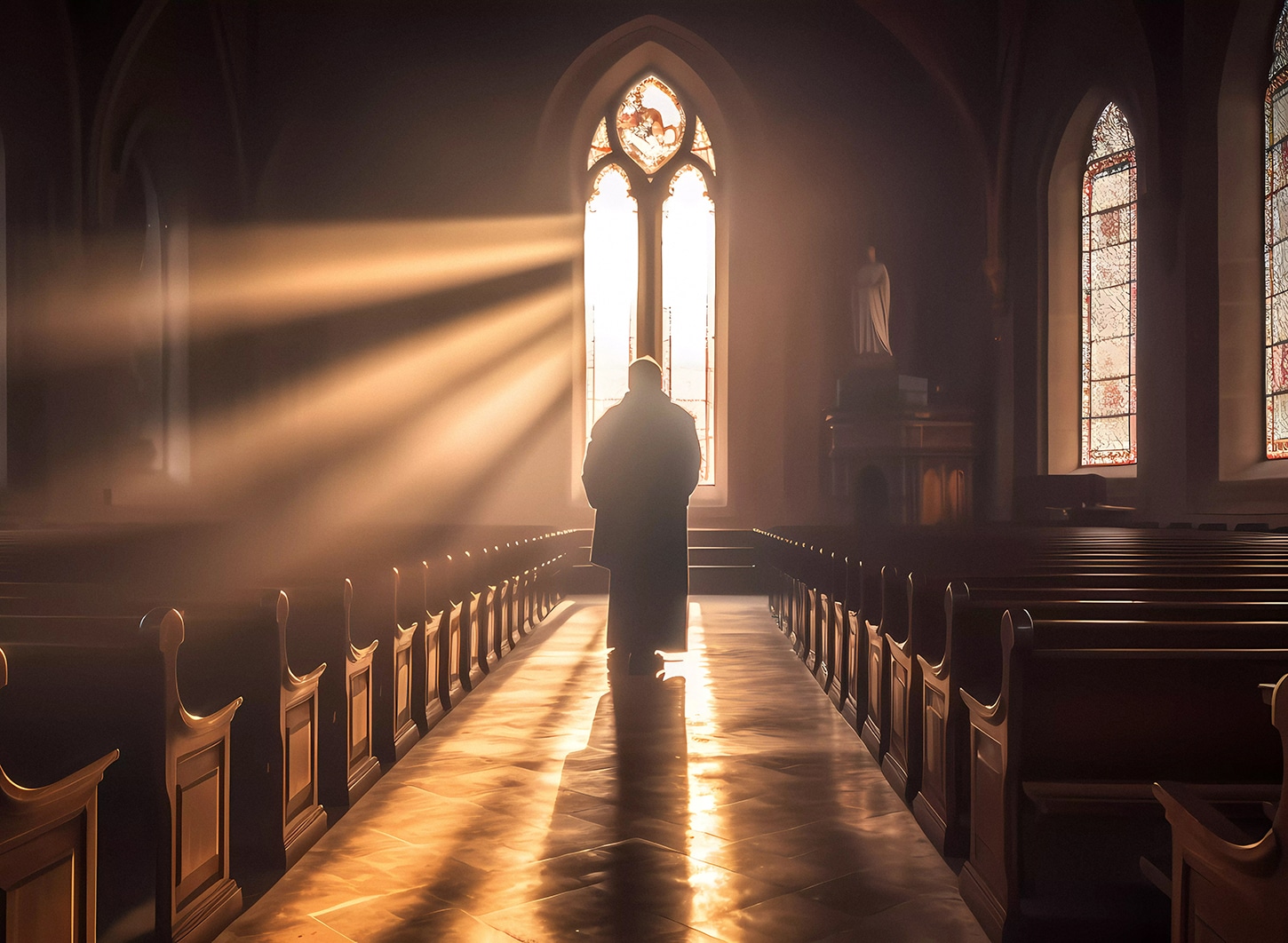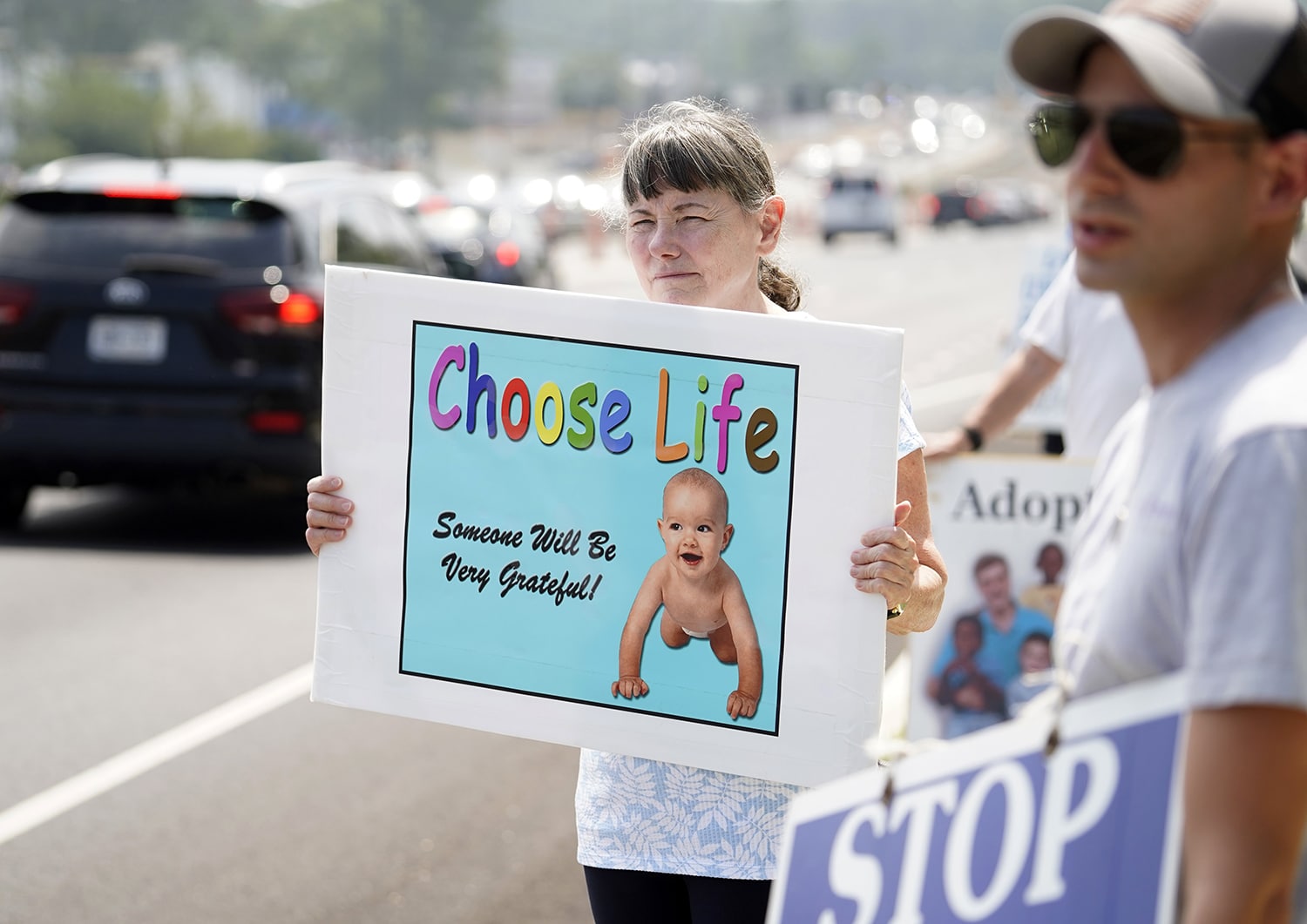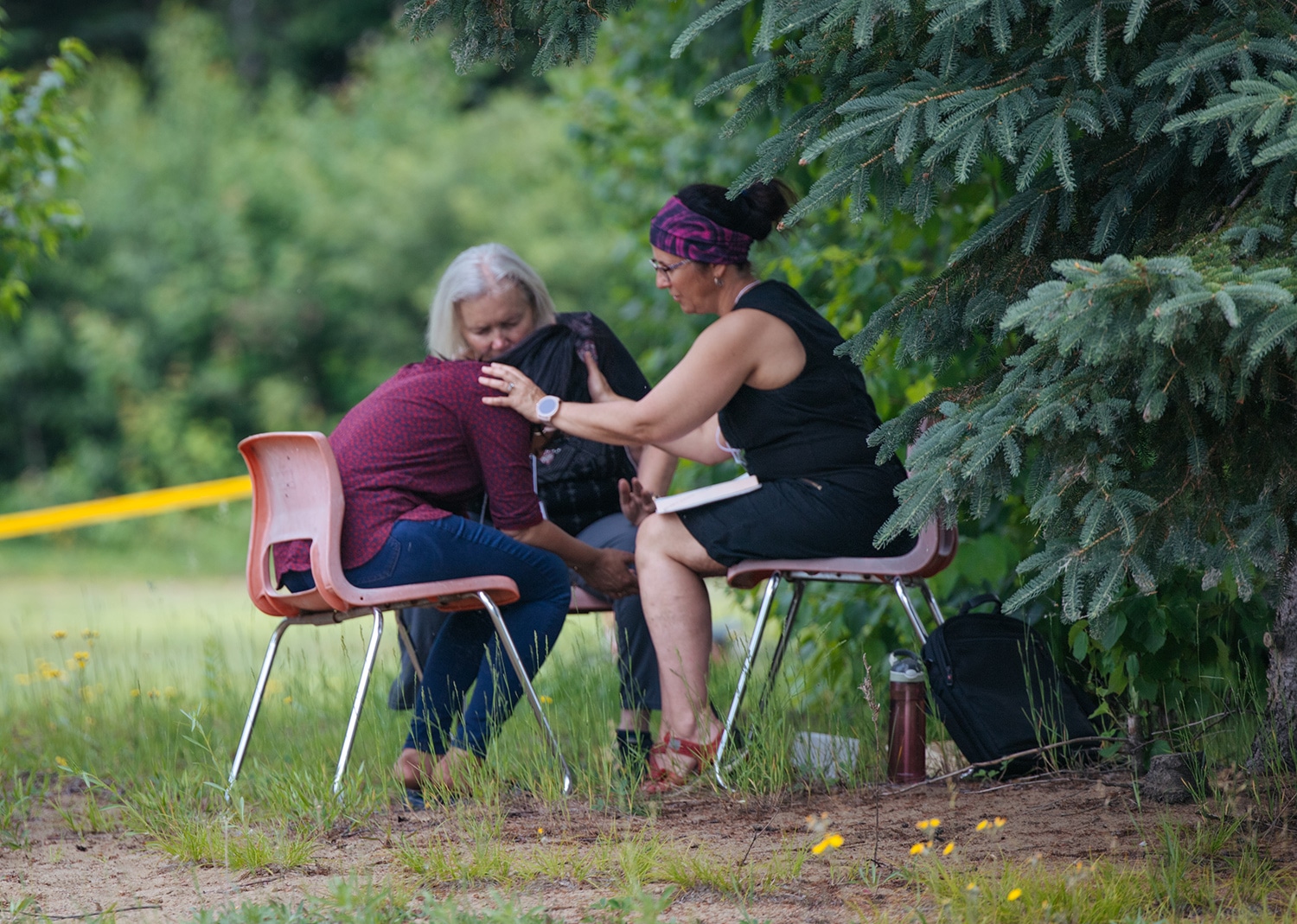Priests who leave public ministry often leave behind a trail of bewildered souls seeking understanding and resolution. The recent public episode involving the soon-to-be-laicized Father Alex Crow of the Archdiocese of Mobile is one such scenario.
Father Crow’s departure from Corpus Christi Parish in Mobile, Alabama, with Taylor Victoria Harrison, a June 2023 McGill-Toolen Catholic High School graduate, was shrouded in mystery. Together they fled to Italy, leaving many deeply perturbed. Archbishop Thomas J. Rodi suspended Father Crow in July.
The couple recently returned to the United States and were civilly married. OSV News has confirmed that, while Father Crow’s case is pending, Archbishop Rodi expects Alex Crow to be laicized.
Harrison’s family has repeatedly expressed concerns that the young woman was groomed by the priest while he ministered to students at McGill-Toolen. And while the Mobile County Sheriff’s Office and the Mobile County District Attorney closed investigations surrounding Crow and Harrison’s departure, Mobile attorney Christine Hernandez, who represents Harrison’s family, plans to continue her investigation.
Young priests leaving ministry
While the case of Father Alex Crow has many peculiar aspects, the coverage it has received has raised questions that resonate more broadly across the dioceses of the United States. What faithful Catholic today cannot name a young priest who, for one reason or another, departed from public ministry just a few years following ordination?
The intricate balance between spiritual devotion and the human condition requires not just stringent guidelines but compassionate and robust support structures that safeguard the emotional and psychological well-being of those devoted to serving their congregations.
So what can be done?
One important step has already been taken: A new year has been added to priestly formation. The newly inaugurated “propaedeutic year” (mandated by the latest edition of the Program of Priestly Formation) is meant to fortify the human and spiritual dimensions of priestly formation. Recognizing the imbalance between contemporary society and the lifestyle of the priesthood, the bishops of the United States have created a formation stage to last one to two years to help men better integrate their humanity and lay a strong foundation in the spiritual life. We hope that this year gives candidates for the priesthood the time and resources they need at the outset of their formation to more completely balance and harmonize their interior lives.
Beyond seminary formation
Priests also need support that extends beyond seminary formation. Tragic departures from ministry underline the persistent need for ongoing mechanisms that bolster and support priests against the relentless pressures of societal dynamics hostile to the Faith. Loneliness, a rising affliction among many American adults, weighs heavily on priests, who live apart from their natural families and willingly sacrifice the joys of marriage.
Especially during this bustling time of year, the demands on priests are manifold, their calendars overflowing with spiritual responsibilities and parish commitments. In the midst of this fervent activity, the effects that flow from a lack of personal connections often amplify, accentuating the vulnerability of those tasked with guiding and nurturing spiritual lives.
All of us can reach out to support our priests. Does your priest need a few home-cooked meals a week? Would he benefit from an invitation to family dinners or a little help cleaning or refurbishing his rectory? Have you asked if he needs anything lately? Too often, perhaps out of a thoughtful desire to extend priests personal space or privacy, we forget to reach out to them and neglect to support them as our brothers, our fellow pilgrims on this side of heaven.
In this Advent season of reflection and preparation, may our awareness of the burdens our priests carry inspire a renewed commitment to fortifying the support systems that nurture and protect their emotional and spiritual well-being. And may this attentiveness foster communities of understanding, empathy and unwavering support for our priests.







